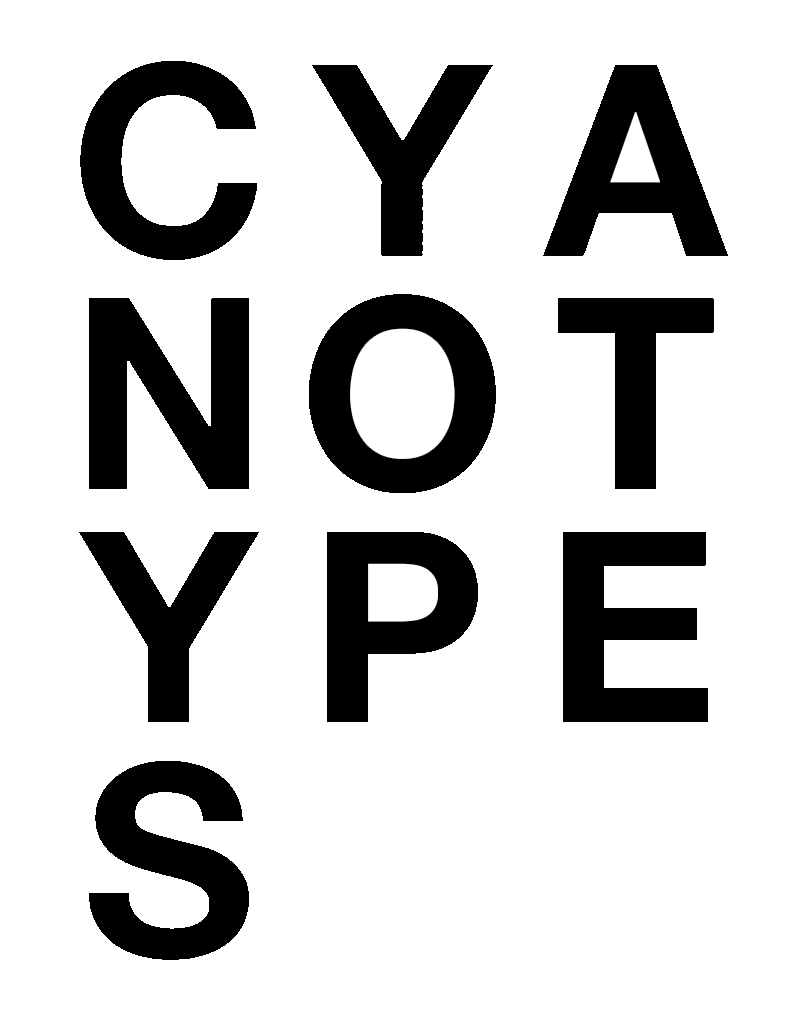
CYANOTYPES | Survey on Skills Needs and Demands |
Thank you for taking the time to contribute to this survey. Your contribution is fundamental to achieving the aim of the CYANOTYPES project.
CYANOTYPES is a community of change, a pan-European project addressing the Cultural and Creative Industries sector’s needs and skills gaps. As an ambitious cross-sectoral initiative, CYANOTYPES aims to facilitate joint efforts to address skills gaps in urgent and future skills.
This survey is designed to collect information from a wide range of stakeholders, from providers of learning and educational programmes (for example, vocational education and higher education institutions) to professionals, cultural workers, institutions and businesses operating in cultural and creative sectors and industries.
To make your experience as easy and fast as possible, the survey is structured in 8 sections. Depending on your field of work or expertise, you are free to select the sections pertinent to you to answer. Please complete as many sections as possible. Here is a brief overview of the sections.
1. Your thoughts on skills in general
2. Your future skills needs
3. Your sector's skills needs
4. A skills deep-dive for the design, fashion, video games, audio-visual sectors
5. Your thoughts on skills provision in general
6. Specific questions for educational providers
6. Specific questions for educational providers
The outcomes will be used to inform the activities of the CYANOTYPES project and will be shared with the CYANOTYPES community. Please register for the newsletter (or provide your email in the general section) for receiving the survey results and other relevant information.
The survey takes from 30 to 50 minutes to respond to, depending on the sections that you answer.
Notes on the terminology used in this survey:
1. CCIs - is the acronym used for referring to the Cultural and Creative Industries sectors (also called ecosystems), which include the following sub-sectors: architecture, archives, libraries, museums, arts and crafts, audio-visual (including film, television, and multimedia), videogames and immersive experiences, tangible and intangible cultural heritage, design (including fashion design), festivals, music, literature, performing arts, books and publishing, radio and visual arts.
2. Skills - the term should be understood here in its most inclusive meaning, and therefore also incorporating competencies and qualities.
3. Educational Provider - unless otherwise specified, it is referred here to any organisation providing educational programmes and training, including vocational education (VET) and tertiary levels (higher education).
4. Reskilling - the process of learning new skills or knowledge to perform a different job or occupation, often due to changes in the job market or technological advancements.
5. Upskilling - involves enhancing or upgrading existing skills to keep up with evolving job requirements or to improve job performance.
*all fields with the sign must to be filled in
5. Upskilling - involves enhancing or upgrading existing skills to keep up with evolving job requirements or to improve job performance.
*all fields with the sign must to be filled in